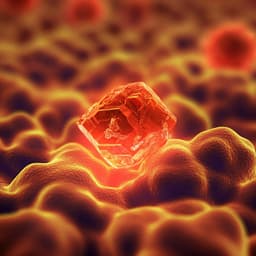
Health and Fitness
Narrative review: The role of circadian rhythm on sports performance, hormonal regulation, immune system function, and injury prevention in athletes
H. Nobari, S. Azarian, et al.
Discover how circadian rhythms govern athletes’ peak performance, hormonal balance, immune coordination, and injury risk — with many performance markers peaking in the afternoon around core body temperature, and exercise timing, feeding patterns, and sex differences shaping outcomes. This research was conducted by Authors present in <Authors> tag.
Related Publications
Explore these studies to deepen your understanding of the subject.







